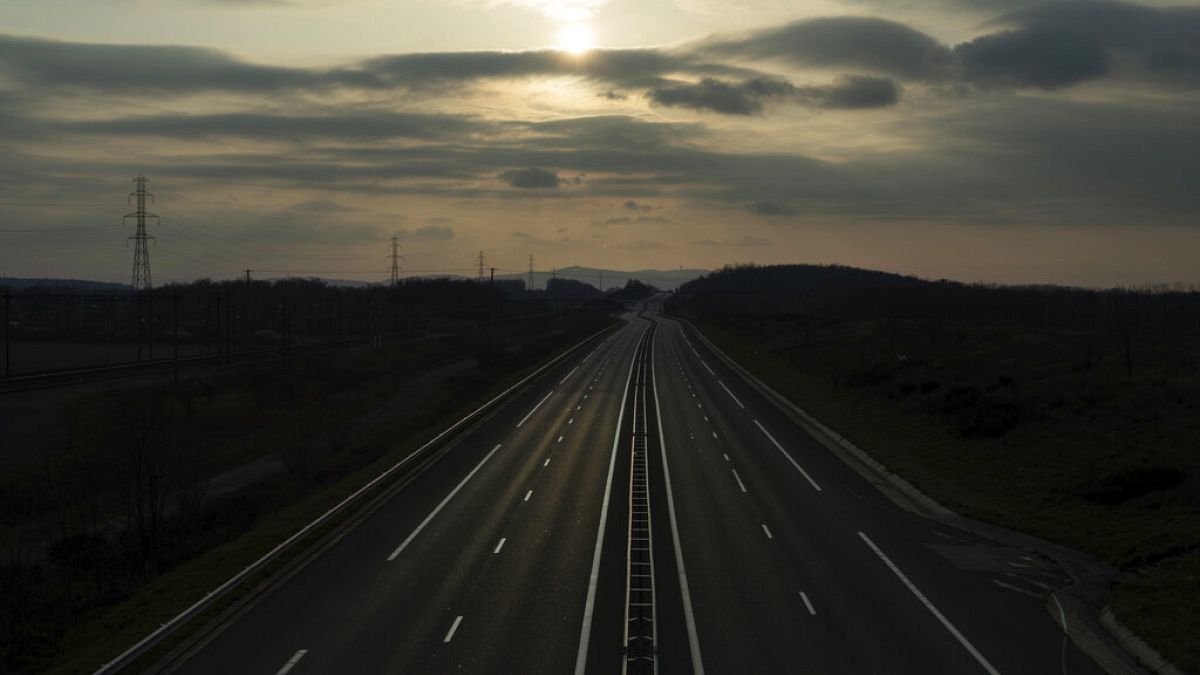The question is, after more than 100 years, during which cars have transformed our lives, have we passed peak car?
For much of the past two months, car showrooms have been shut, car rental outlets left with virtually no customers and, frankly, far fewer of us have been driving. In many places, it has simply been against the rules.
So it’s maybe not a surprise that in April new car registrations in the EU fell 76.3 per cent from the same month a year ago, according to data from the European Automobile Manufacturers Association (ACEA).
“The first full month with COVID-19 restrictions in place resulted in the strongest monthly drop in car demand since records began,” the ACEA said, adding that the number of new cars sold fell from 1,143,046 units in April 2019 to 270,682 units last month.
Each of the 27 EU markets recorded double-digit declines in April, but Italy and Spain saw the biggest losses, with car registrations falling by 97.6 per cent and 96.5 per cent respectively. In Germany, sales dropped by 61.1 per cent and in France by 88.8 per cent. In the U.K., which is no longer included in the EU-wide figures, car sales were down 97.3 per cent.
Big decisions
Many fear the dramatic drop in sales are figures the entire industry may never recover from. And it’s leading to some very big decisions. Just today, Renault announced plans to cut 14,600 jobs, shrink production and restructure some of its French factories as the carmaker looks to slash €2 billion in costs.
Meanwhile, the Japanese car manufacturer Nissan also announced it will close its factory in Barcelona with the loss of about 2,800 jobs, prompting protests at the Spanish plant. Hundreds of workers gathered as burning tyres blockaded the site which Nissan said would close from December. On Thursday, the carmaker revealed a €5.6 billion net loss in the last financial year - its worst result for more than a decade.
The 102-year-old car rental firm Hertz has filed for bankruptcy protection after its business all but vanished during the coronavirus pandemic. With over €17 billion of debt and roughly 38,000 employees worldwide as of the end of 2019, Hertz is among the largest companies to be undone by the pandemic.
Changing landscape
However, the car industry was already facing some very tough challenges before the coronavirus crisis. It has been mired in scandals over carbon emissions. Governments have been trying to force manufacturers to adapt, particularly to greener, electric cars. While registrations of electric cars in Europe jumped 57.4 per cent in the first quarter of 2020, they still only accounted for 4.3 per cent of the total number of cars on the road.
Further into the future, traditional brands are having to invest heavily in greater automation and driverless car technology, in a field where they won’t just be competing with one another but with the likes of Uber and Google too.
More immediately, the EU would like us to abandon cars now. To walk, cycle or use public transport to get to work. In the past few months, cities - like here in Brussels - have been closing car lanes for cyclists. And there are hopes that more people working from home will mean fewer commuters and a need for fewer cars.
Much has been made of Europe’s decades-long decline in car manufacturing. The number of people employed by the industry has fallen as automation takes away the need for so many workers. But cars have always continued to sell. The fear is the coronavirus crisis may prove a marker, a turning point. The question is, after more than 100 years, during which cars have transformed our lives, have we passed peak car?
Darren McCaffrey is Euronews' political editor.
If you would like to stay up to date with Euronews' coverage of the coronavirus crisis, please sign up to our newsletter, below.
